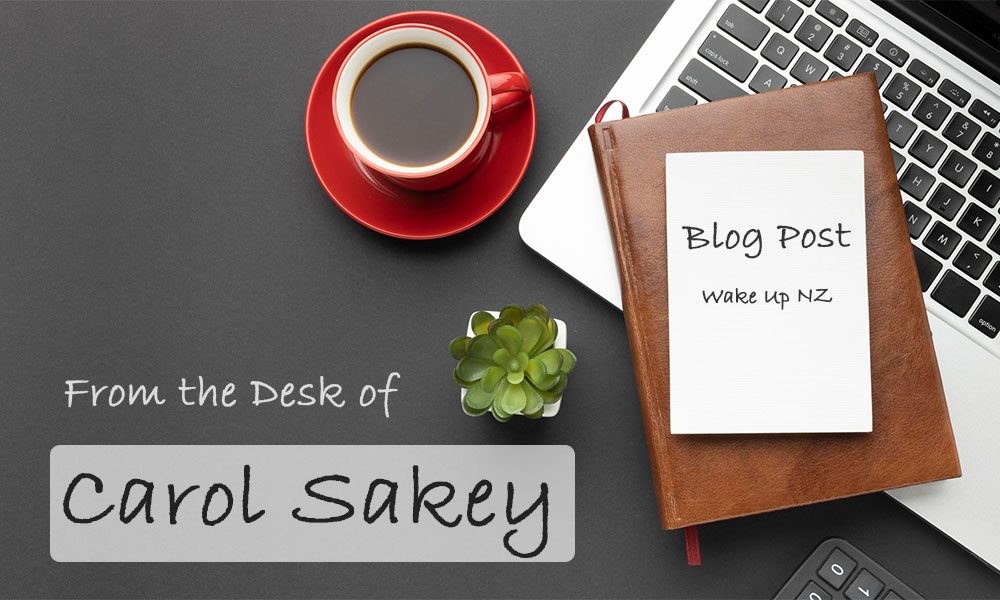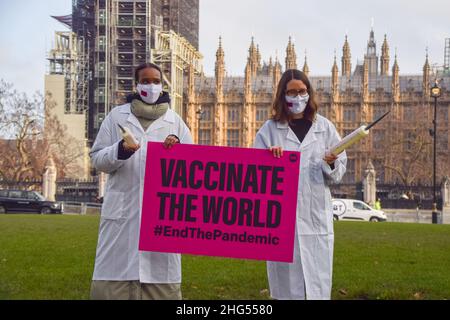I find it extremely disturbing how human life itself is being dehumanized. Canada’s Euthanasia laws are extremely permissive. Next May Canada’s assisted suicide will dismiss the terms of safeguards when it comes to the criteria of terminally ill as the government legally introduced Assisting the premature death of those with Mental Health illnesses,. (With no terminal illness).This is an extremely slippery road that the rest of the world is already taking. The advocating of regulations of euthanasia is becoming much easier for individuals to access. There have been reports that some people have sought Assisted Death because they cannot acquire adequate Government support around mental health issues. In Belgium Assisted Dying is not just for the terminally ill. Patients with Psychiatric conditions, even children can request Assisted Death. Assisted Dying is widely accepted. As for New Zealand David Seymour introduced his Euthanasia Bill namely ’End Of Life Choice’. A well chose term, using the word ‘choice’. When choices are restricted, of course people will lean towards the word choice. However Seymour’s Euthanasia Act has very dangerous concepts and lack some very serious safeguards. All is now silent, no public debate on this Euthanasia Act.
A year after the Act has been legislated we have 214 Assisted Deaths of individuals that have accessed Seymour’s Euthanasia Act. I question did emotions give the Bill its legislative power to be passed legally. Were some of these serious critical safeguards ignored by peoples emotions.? I personally believe that David Seymour is an Euthanasia activist, mainstream news have reported that only one year of the Euthanasia Act being passed into legislation and Seymour is proposing an amendment to the Euthanasia Act. Seymour is calling for relaxing the Euthanasia Act ‘End Of Life Choice’ for people without terminal illness to have the opportunity to seek assisted death with a Mental Illness (As they have done in Canada). Hence removing the criteria requirement of ‘Terminal Illness’. Seymour is reported to have admitted he only agreed to the 6 months limitation for Terminal Illness to get the Bill through Parliament”. Seymour’s original Bill would have allowed non terminal patients with ‘grievous and irremediable conditions’ to have access to the lethal end of life drug. It’s been reported by media that Seymour agreed to limit the Bill to 6 months terminal illness’ to end of life, to get the Bill through Parliament
Some felt that Seymour’s’ original Euthanasia Bill was much too broad, raised concerns ‘assisted dying would mean this would be available to mental health patients. If Seymour follows through with his amendment to NZ Euthanasia Act ‘End Of Life Choice’, this means NZ Govt will be following down the same slippery slope as Canada. Euthanasia for Mental Health Illnesses, terminal life expectancy will no longer be the criteria for assisted dying, killing individuals prematurely .Canada’s slippery slope in 2016 -1,000 people approx.,. accessed assisted dying in 2021- 10,6064 people accessed ‘assisted dying’. With more people dying from Assisted Dying Euthanasia Legislation than for Diabetes, Pneumonia, Influenza and Liver Disease. As Reuters News Agency reports how a 47 year old woman in Canada sis seeking Assisted Dying because she is suffering from Anorexia.
Dehumanizing Human Life Itself- ACT Party David Seymour revisiting his original Euthanasia Bill terminology that included “A grievous and irremediable Condition’, where people do not have to be suffering a terminal illness. Psychological suffering that is intolerable to the individual. Medical Ethics “Firstly Do No Harm” However Canada is allowing for Assisted Suicide for Psychiatric Patients with Psychiatric disorders. Several countries have already allowed this Since 2002 Belgium, Netherlands, Luxembourg collectively know as the Benelux nations have legislations that permit physical or psychological “suffering that cannot be treated by acceptable terms”. Its documented that between 100-200 psychiatric patients are euthanized open request annually between Belgium and the Netherlands. Euthanasia Beyond Medical Conditions for those that are tired of living. Pegasus – a self proclaimed voluntary assisted dying associations that is based in Basel, Switzerland currently provides ‘euthanasia for non-medical ‘suicide tourists’. A well known Disability Advocacy Community in Canada have reported to be extremely concerned that permitting euthanasia for non-terminal, disabled individuals may not have adequate access to state of the art treatment, that euthanasia could become a ‘cost of living; alternative to suffering, where adequate solutions are not available or affordable’
The following justifications are being applied for access to premature end of life assisted death, euthanasia, assisted suicide for Mental Health, psychiatric disorders. for example Autonomy, Self-determination, intolerable suffering is irremediable. NZ Herald Reported 7th November 2022 ‘Euthanasia Laws Too Strict, Should Be Relaxed’ Says ACT Leader David Seymour, thus removing the criteria, requirement that a patient has only 6 months to live’. Some groups felt that definition was too broad, and raised concerns it could make assisted dying available to disabled people or mental health patients. The amended law, which was voted on in a public referendum, made it explicit that applicants could not get access to assisted dying on the basis of disability or mental illness alone. Seymour would argue for the criteria in the law to be broadened to that in his original bill when it comes up for review in 2024. The NZ Her lad Article referred to the definitions used by the world Health Organization were confusing and could easily be interchanged when it comes to the criteria of access to ‘assisted suicide, assisted death, assisted dying’. Is this New Zealand’s slippery road to ‘dehumanizing Human Life Itself”. Death has it become the treatment, just another market place transaction. Surely if a person has a serious mental health illness how can they possibly make a clear decision mentally about ending their life prematurely World February 23rd 2023 reported that Canada considers allowing ‘assisted suicide for children, without parental consent’
A Parliamentary committee has called for expanding Canada’s Assisted Suicide Program to that ‘mature minors’ whose deaths are ‘reasonably foreseeable’ to allowed to hasten their deaths without parental consent. ‘Grievous and Irremediable Foreseeable’ condition, is defined as the individuals natural death is reasonably foreseeable. Lives that are not worth living? A narrow medical, mental health solution to much larger social problems. For those with mental health illness that cannot judge for themselves, the value judgement that a persons life is not worth living. Where is societies obligations to supporting, the positive enabling the elderly, the sick and the dying, what about autonomy enhancing financial home care, social support to help overcome loneliness, instead of making vulnerable people feel they are a burden to society. These consequences that lead to mental health disorders, illnesses, the solution ‘snuff out a life prematurely with a lethal jab’
NZ Mental Health failings. RNZ Reports 29th May 2023 how a teen tells of lack of mental health support despite abuse by State Care. NZ Mental Health facing another crisis (NZ Herald 28th May 2023) and 9th June 2023 NZ Health System is broken. Where is the compassion, the care and prevention, early intervention focus? What now? Lethal Jabs as a solution for NZ’s failed Mental Health Support, thus spilling over to people feeling powerless to be able to access mental health care. Is this the ambulance at the bottom of the cliff, where terminal illness is removed, the more relaxed assisted killing is legislated in NZ?
NEW ZEALAND’S DANGEROUS SLIPPERY SLOPE ‘AMBULANCE AT THE BOTTOM OF THE CLIFF’ EUTHANASIA FOR MENTAL HEALTH ILLNESSES. NZ Mental Health failings. RNZ Reports 29th May 2023 how a teen tells of lack of mental health support despite abuse by State Care. NZ Mental Health facing another crisis (NZ Herald 28th May 2023) and 9th June 2023 NZ Health System is broken. Where is the compassion, the care and prevention, early intervention focus? What now? Lethal Jabs as a solution for NZ’s failed Mental Health Support, thus spilling over to people feeling powerless to be able to access mental health care. Is this the ambulance at the bottom of the cliff, where terminal illness is removed, the more relaxed assisted killing is legislated in NZ? Is New Zealand going down the same slippery slope as Canada, Belgium. Netherlands??? I personally believe so, as David Seymour ACT Party looks to amend the Euthanasia Act in 2024.
...



